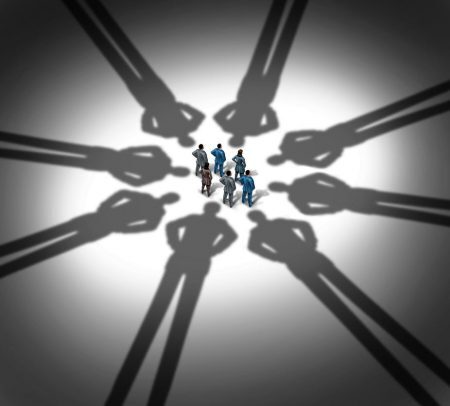As the coronavirus continues to spread across the country, albeit seemingly much slower than a lot of very frantic people…
Browsing: how-to
Have you ever wondered why the coffee you make at home tastes different from the drinks you buy in cafes?…
Workplace surveillance sounds like the stuff of nightmares, but we are having to get used to it. In a sign of the times, the European Court of Human Rights has just ruled that a supermarket in Barcelona was entitled to fire employees after catching them stealing on CCTV cameras that they didn’t know were installed. This overturned a decision by the court’s lower chamber that the cameras had breached the employees’ human rights.
If you’ve been paying attention to your operating systems, you’ll notice that Windows 7 — if you’re still rocking the now-aged OS — isn’t officially supported any more. We’ve known this was coming for a long, long time. We certainly can’t say we weren’t warned. But the day (14 January) has come and gone, so if you’re still using Windows 7, you’re officially borked from this point on. Or are you…?
Users have been able to biometrically secure Facebook’s WhatApp messaging service for some time now, though it’s only recently that the feature has been available across the mobile ecosystem. Just Apple doesn’t count.
Cybercrime is not just a concern for corporate technology departments. Schools, scout troops, Rotary clubs and religious organizations need to know what to look for and how to handle it.
More than one-third of American adults view social media as harmful to their mental health, according to a new survey from the American Psychiatric Association. Just 5% view social media as being positive for their mental health, the survey found
Email and smart phones can be stressful. Academics are calling this constant work connection “technostress”. Consequently, many European countries are now offering employees the “right to disconnect”.
The way email is used is complex, it cannot simply be labelled as “good” or “bad” and research shows that personality, the type of work people do and their goals can influence the way they react to email.
It’s a parent’s responsibility to protect their children from harm, no matter where that threat of harm comes from. But what if the threat is a hoax?
We’ve seen recently a rollercoaster of panic from parents trying to protect their kids from a supposed online threat known as the Momo challenge, that has for months been debunked as a hoax.
Advances in artificial intelligence have made it easier to create compelling and sophisticated fake images, videos and audio recordings. Meanwhile, misinformation proliferates on social media, and a polarized public may have become accustomed to being fed news that conforms to their worldview.










